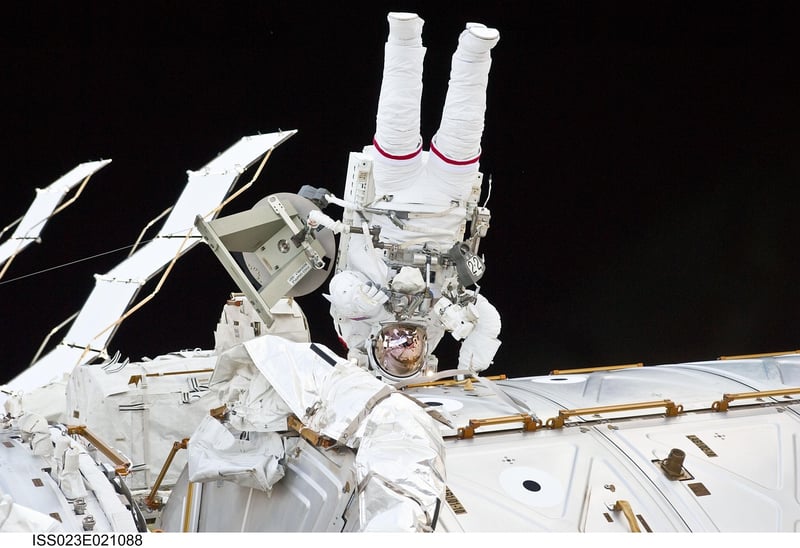Microgravity Effects
Adapting to Space Environments and Coping with Microgravity Effects
Space exploration has always been a fascinating subject, with humans continually pushing the boundaries of what we can achieve beyond our planet. As we venture further into space, whether on long-duration missions to Mars or constructing habitats on the Moon, understanding how to adapt to space environments and cope with the effects of microgravity is crucial for the health and well-being of astronauts.
Understanding Microgravity
Microgravity, often referred to as weightlessness, is the condition in which people or objects appear to be weightless. This phenomenon occurs when an object is in free fall or orbit around a celestial body, causing a sensation of floating. In space, everything, including astronauts, experiences microgravity, which can have several effects on the human body.
Effects of Microgravity on the Human Body
Extended exposure to microgravity can lead to a range of physiological changes in astronauts. Some common effects include:
- Muscle Atrophy: Without the constant force of gravity, muscles can weaken and atrophy over time.
- Bone Density Loss: In the absence of weight-bearing exercise, bones can lose density and become more fragile.
- Fluid Redistribution: Fluids in the body shift upwards, causing a puffy face and skinny legs.
- Cardiovascular Changes: The heart works less in microgravity, leading to decreased cardiovascular fitness.
- Spatial Orientation Issues: The lack of gravity reference can cause disorientation and motion sickness.
Adapting to Space Environments
To counteract the effects of microgravity and adapt to space environments, astronauts undergo rigorous training and follow specific protocols while in space. Some strategies include:
- Regular Exercise: Astronauts perform daily exercise routines to maintain muscle mass and bone density.
- Dietary Considerations: Specialized diets rich in nutrients help support overall health in space.
- Medical Monitoring: Continuous monitoring of astronauts' health helps identify and address any issues promptly.
- Psychological Support: Coping with the isolation and confined spaces of space travel is essential for mental well-being.
Conclusion
As we continue to explore and inhabit space, understanding how to adapt to space environments and mitigate the effects of microgravity is vital for the success of long-duration missions. By studying the impacts of microgravity on the human body and implementing strategies to counteract these effects, we can ensure the safety and well-being of astronauts as they journey beyond Earth.

Image source: Pixabay
